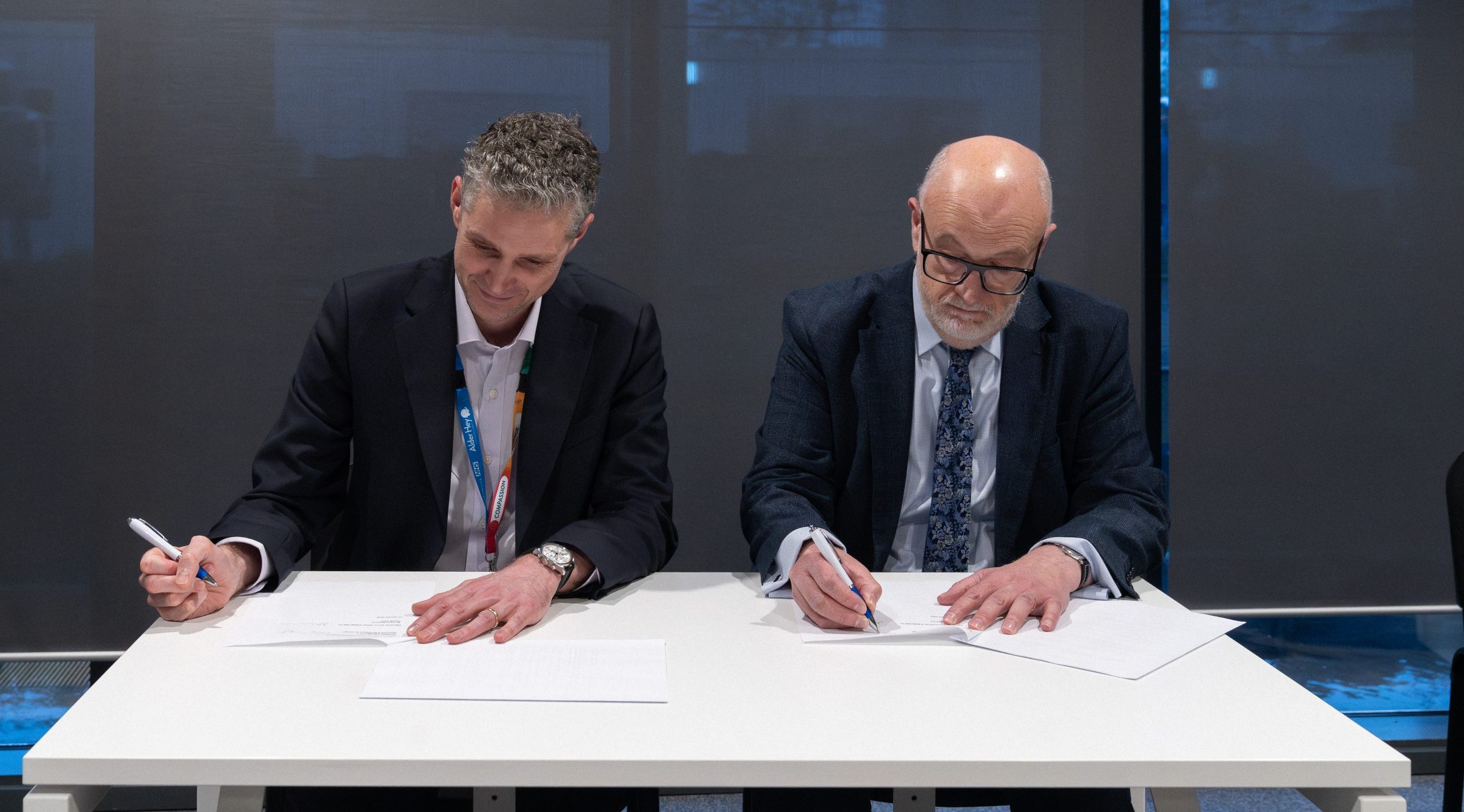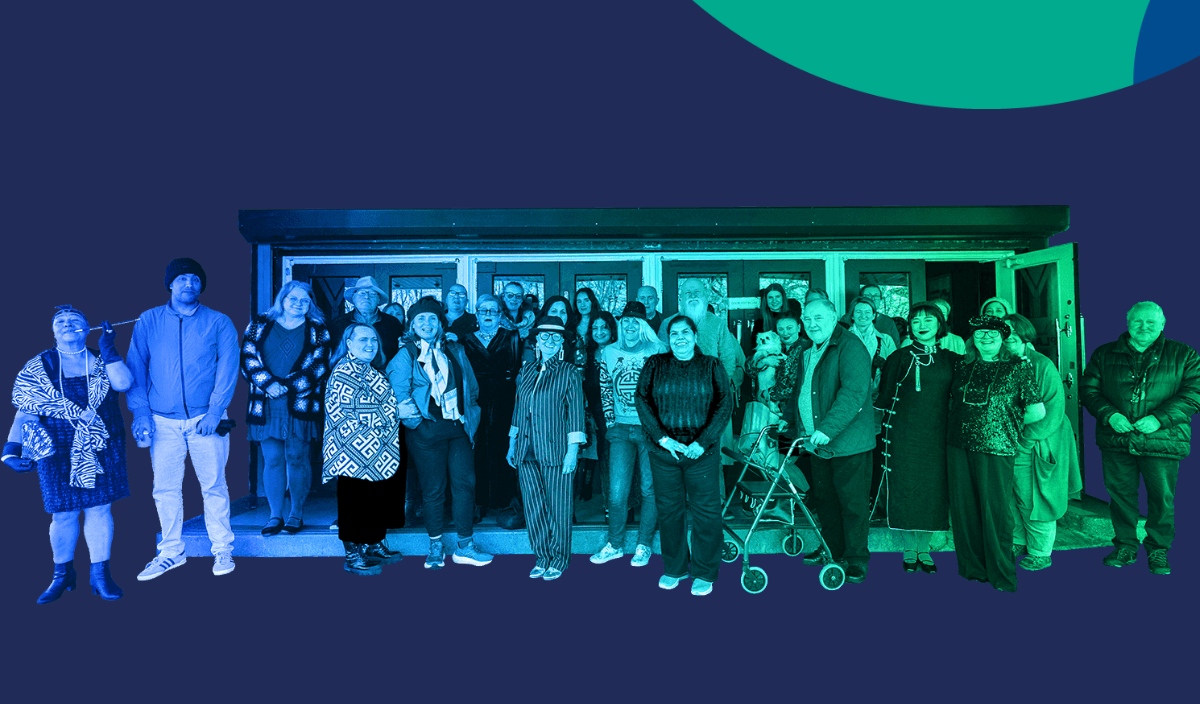University of Liverpool researchers win funding for Starting Well, Living Well and Ageing Well programme themes.
The Starting Well, Living Well, Ageing Well themes at the University of Liverpool (UoL) have been allocated approximately £125,000 from the £230 million Higher Education Innovation Fund (HEIF) to support and develop a broad range of knowledge-based interactions between higher education providers and the wider world, which results in benefits to the economy and society.
The Higher Education Innovation Fund (HEIF)
The aim of the HEIF is to create and sustain a range of knowledge exchange activities in response to demand across the economy and society. It is designed to support and develop a broad range of knowledge-based interactions between higher education providers and the wider world, which result in economic and societal benefits to the UK.
There is widespread agreement that children’s health and conditions in childhood structure outcomes in later life. In addition, those living in deprived areas can expect to live the smallest proportion of their adult lives in good health. Improving child health and development is central to addressing the effects of entrenched inequalities, particularly during childhood, which is core to improving health later in life, reducing the increasing burden of adult chronic disease and ensuring healthy ageing and resilience.
Under this research theme, the combined expertise of hundreds of research staff from each of the University’s three world-class Faculties have come together under a common goal: to improve the health and wellbeing of babies and children, and the adults they will become.
Starting Well, Living Well, Ageing Well

Here is the full list of projects within the Starting Well, Living Well, Ageing Well University theme, that have been supported with funding, and what plans are in place for them.
Taking it to the next level ‘sandpit’ event
Starting Well, Living Well and Ageing Well will be using its funding in part to further develop the profile, engagement, inclusivity, leadership and collective ownership of its theme among colleagues across the University of Liverpool’s three faculties. The programme will deliver events which will define the focus and future direction of the theme.
Musculoskeletal disorders across the life course
Musculoskeletal disorders in childhood and in ageing are to date largely discrete areas of research strengths in the Starting Well and Ageing Well elements of the theme, with substantial clusters of established talent, resources, and potential priority partners. With its funding, the theme will appoint a dedicated individual to scope and identify core commonalities and complementary areas of research in musculoskeletal disorders. It will activities to foster a life-course approach to shared knowledge exchange, including some pump-priming awards to position researchers for external funding calls.
Chronic conditions and the impact of health inequalities on long term outcomes
This theme’s funding will result in a series of co-production workshops with colleagues from across the system. The co-production workshops will present focus group findings and provide an opportunity to discuss the challenges and barriers experienced by children with chronic conditions.
Tackling Obesity: Liverpool Obesity Research Network (LORN)-related
LORN will carry out a two-phase study in which they aim to: develop a survey to identify COVID-19 related change in and barriers to children’s weight-related behaviour in Northwest England, and begin explore ways to link with relevant partnerships to ensure the child-centred interventions are co-created with all relevant stakeholders. This project will develop new links with local NHS partners.
Child-Friendly Cities
To ensure we have a coordinated programme to support CFC, this funding will be used to develop the infrastructure to support the UoL response in collaboration with all partners to the UNICEF CFC agenda in the areas including communication and engagement with young people, and the health agenda. The team will hold a series of events on action planning around the Child of the North report, Funding for children’s services in Liverpool; Healthier places. The programme will also provide support to the UoL’s Young Person’s Advisory Group to ensure that CYP are consulted and listened to throughout the programme.
Age-Friendly Cities
This funding will allow theme members to assess the current state of Liverpool as a friendly place to live at all stages of the life-course, including in old age. The team will review pilot data gathered by Wellbeing Enterprises, particularly around active spaces, wellbeing and social prescription in inner cities to assess the University and its partners’ ability to intervene in wellbeing to support our ambition for Liverpool to be an active Core City in England, inspiring and enabling people who live, work and retire in Liverpool to be active every day for life with improvement in physical and mental health.
Complex lives – utilising data to understand and develop targeted interventions for families with complex lives.
This activity will help to establish a knowledge exchange network across the system and a method by which staff can exchange ideas and expertise. The activity will facilitate connections across the faculty with a focus on data and complex lives. It will also provide a mechanism whereby staff can develop projects in partnership.
Find out more about world-leading research
Discover more about The Starting Well, Living Well and Ageing Well themes via the UoL research pages. Or, if you’re interested in taking part in any of the activities mentioned in this post, reach out directly to Lewis Smith, Research Development Manager, lewis.smith@liverpool.ac.uk, or Dr Carrie Hunt, Programme Manager, Liverpool Health Partners’ Starting Well programme, Carianne.Hunt@lhch.nhs.uk.



